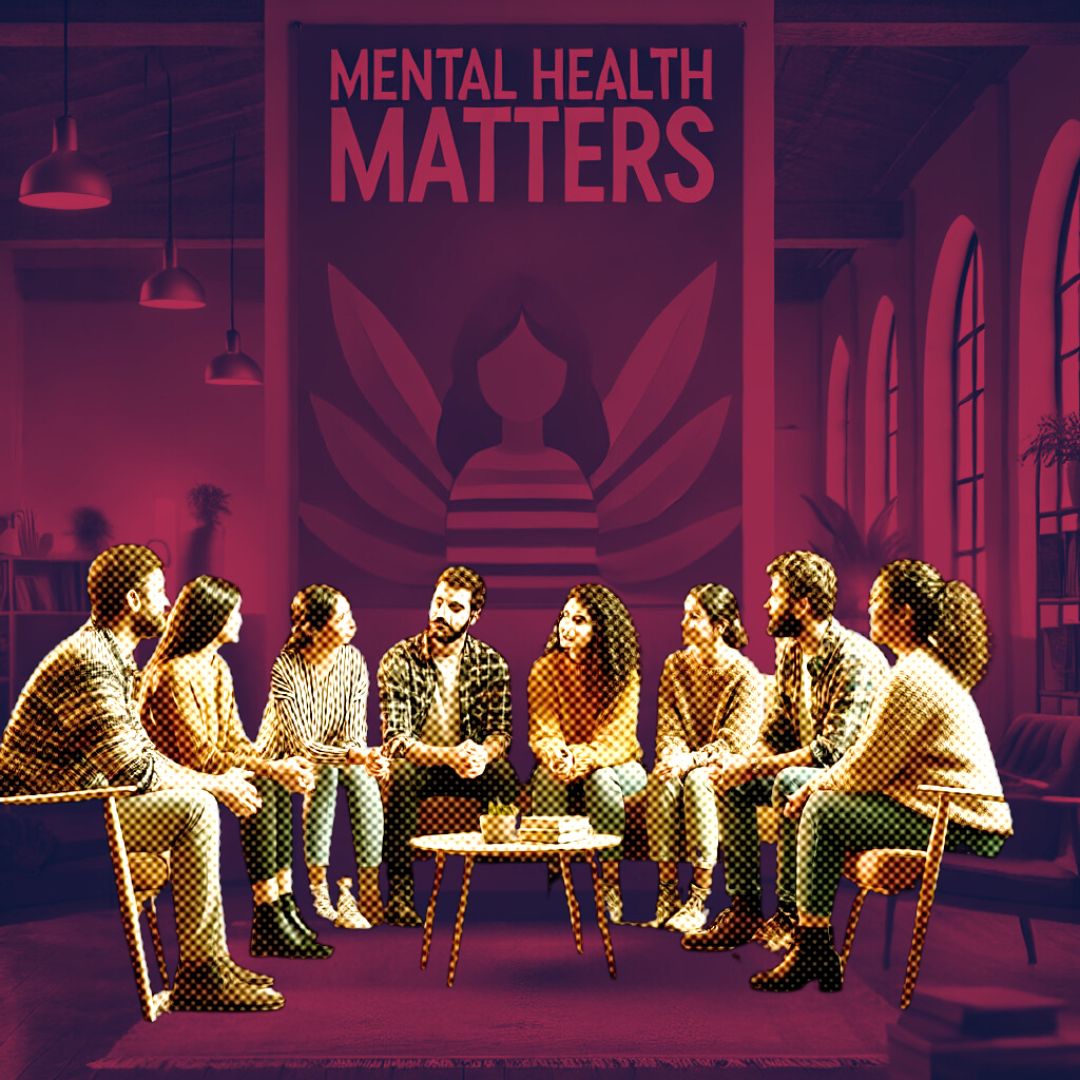Prolonged desk work can severely impact mental health, leading to increased stress, anxiety, and even depression. Research indicates that after just two hours of sitting, mental well-being begins to decline significantly. Stress levels can rise by nearly 20% after four hours of inactivity, highlighting the urgent need to address this modern workplace issue.
Mental Health Issues Linked to Sedentary Behavior
Sedentary behavior is not just a physical health concern; it is closely linked to several mental health conditions:
- Anxiety: Lack of movement can lead to feelings of restlessness and increased anxiety.
- Depression: Studies show that individuals who spend more time sitting are at a higher risk of developing depressive symptoms.
- Burnout: Continuous sitting without breaks can lead to emotional exhaustion and burnout, particularly in high-pressure work environments.
Expert Advice
Dr. Brendon Stubbs from King’s College London emphasizes the importance of movement breaks. His research indicates that incorporating just 15 minutes of exercise during the workday can elevate mental well-being by over 22%, enhance productivity by 33.2%, and reduce stress by 14.7%.
Practical Tips for Improvement
To combat the negative effects of prolonged sitting, consider implementing the following strategies:
- Movement Breaks: Set a timer to remind yourself to stand up and stretch every hour.
- Desk Exercises: Incorporate simple stretches or yoga poses that can be done at your desk, such as neck rolls or seated leg lifts.
- Walking Meetings: Opt for walking meetings whenever possible instead of sitting in conference rooms.
- Standing Desks: If feasible, use a standing desk or a convertible desk that allows you to alternate between sitting and standing.
Ergonomics and Workspace Setup
Creating an ergonomic workspace is crucial for both physical and mental health. Here are some tips:
- Desk Height: Ensure your desk is at an appropriate height so your elbows are at a 90-degree angle when typing.
- Chair Support: Use a chair that provides adequate lumbar support to maintain good posture.
- Screen Placement: Position your computer screen at eye level to prevent neck strain.
Real-Life Examples
Consider the story of Sarah, a marketing executive who struggled with anxiety due to long hours spent at her desk. After implementing regular movement breaks and switching to a standing desk, she noticed a significant improvement in her mood and productivity. Her experience underscores the importance of making small changes for better mental health.
Conclusion
In conclusion, it’s essential to recognize that our desks can pose hidden dangers to our mental health. By understanding these risks and implementing practical strategies—both individually and organizationally—we can create healthier work environments that promote well-being. Take a moment today to assess your own work habits; small changes can lead to significant improvements in mental health.












